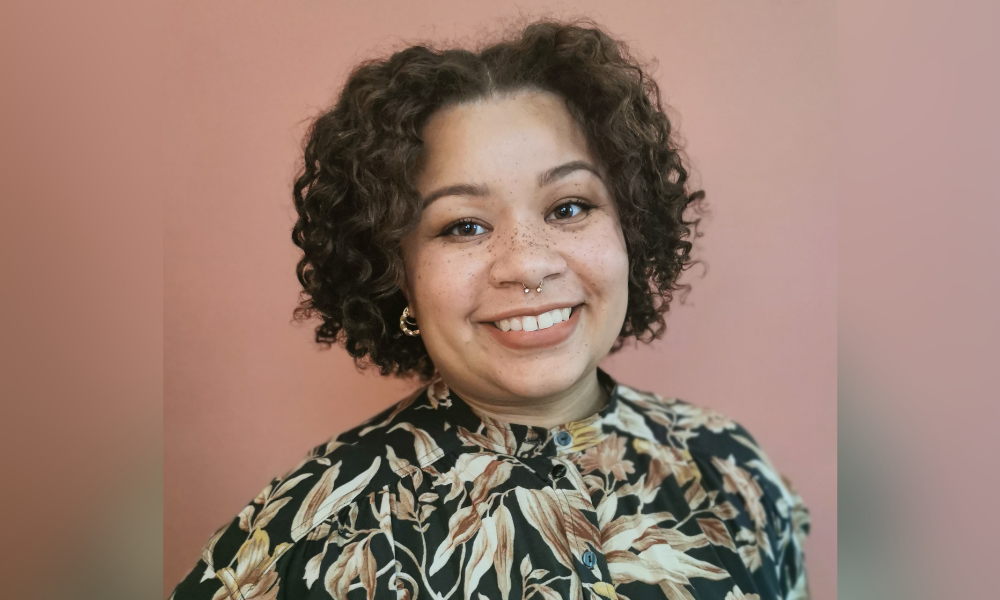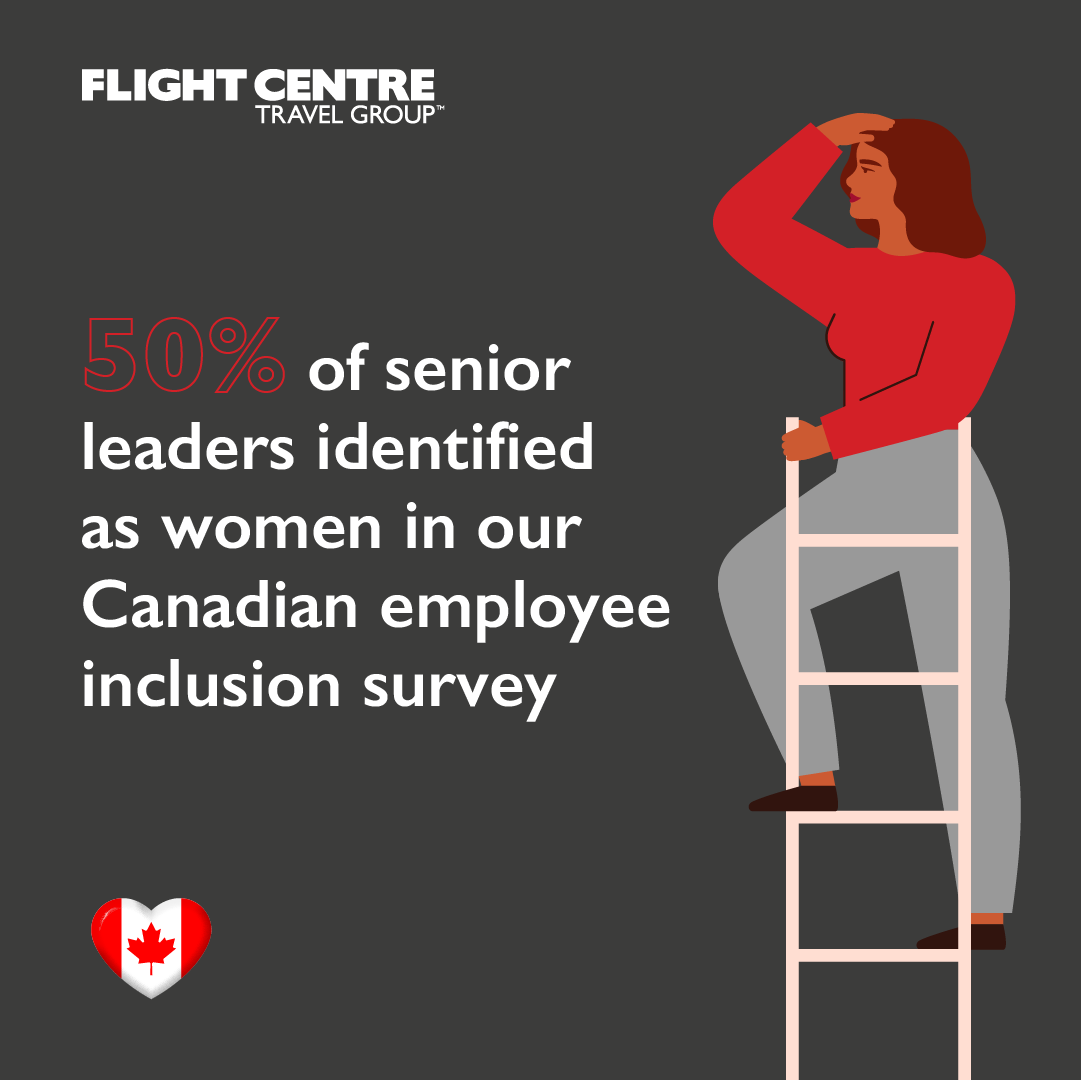Flight Centre sees success with pay equity action, menopause and fertility supports, and internal promotions

With equality, diversity and inclusion (EDI) increasingly important as employees are more willing to leave if their values don’t align, HR leaders are tasked with finding ways to promote underrepresented groups into higher levels of management and leadership.
But cracking the gender equity code has been daunting for many; implementing surface-level EDI strategies is not leading to real results; 2023 data from McKinsey & Company has shown that at current levels of EDI investment by organizations, it will take another 151 years to close global economic gender gaps.
One organization that is getting it right is Flight Centre Travel Group (FCTG), which reported a 26% increase of women in senior leadership roles in 2023, bringing the total to 63% compared to the 30.9% national average according to Statistics Canada 2022 data.
Authentic gender equity starts with listening
The key, says Emese Graham, FCTG Canada’s DEI Manager, is listening – relying on extensive employee research for specific regions, including demographic surveys, sentiment surveys and focus groups.
Pay equity action isn’t new to the organization – the global gender equity program Women Wise was established by Flight Centre senior female leaders in 2015, and the current regional focus is almost two years into its process, including Mexico, the U.S., and Canada.
“We wanted to get a really clear picture of the specific pain points that we want to address,” said Graham. “How can we further promote gender equity, given how attractive the travel industry is to women, making sure that women especially have the specific support that they need? We wanted to dive into what those needs are for our region, our teams in North America.”
Benefits and health support for women for employee retention
Consideration for women’s specific health issues has been an important factor in creating an inclusive and supportive environment for women to succeed in, Graham said. This has meant being open about topics that are normally taboo in the workplace, such as menopause and fertility.
“Fertility and family planning healthcare is a make-or-break for so many people in terms of where they choose to develop their career,” she said. “Not having access to that support can be huge.”
This process has also meant recognizing the role that intersectionality plays, Graham said – acknowledging that fertility is a “huge, huge issue” for queer women, something that came up regularly in their LGBTQ+ focus groups, as well as gender-affirming and transgender healthcare.
Also, with such a large proportion of female employees at FCTG, menopause was another topic that came up regularly in focus groups. In response, an online support community for women going through the various stages of menopause was created at the Flight Centre.
“This is about awareness-building, reducing stigma, and thinking about some of the accessibility needs that people might ask for, and how we can support them in terms of cognition changes and memory changes.”
Internal promotion important focus area for EDI efforts
Since most of FCTG’s promotion is done internally, that pipeline was a natural spot for data gathering, Graham said, and after three audits of internal job postings they have already gathered valuable insight into how that process can be improved to support underrepresented groups.
“One of the areas that we knew we wanted to focus on from the get-go was looking at our processes for promotion and hiring from within,” she said. “In general, we have a practice of hiring from within as much as possible if we're filling more senior positions – most likely it's going to be from talent that we already have. So we wanted to take a look at what that process actually was and identify some possible areas where unconscious bias might slip through.”

Changes to internal promotions processes included adjusting language in postings to be more inclusive and giving more guidance to hiring managers and teams around possible barriers or hindrances for candidates from minority groups.
This could include things like not assessing individuals for traditional markers of potential such as eye contact and body language. Using a panel of interviewers instead of one individual has also been identified as a powerful tool to counter unconscious bias.
“Our approach is just thinking about how we can help our teams to be as objective as possible,” said Graham “[It’s about] really looking at the details and the nitty-gritty of what the experience is like, going through that promotion process or going through that recruitment process. I think that was one of the big pieces.”
Visible representation in leadership key to promoting women
A benefit to gender equity and other EDI initiatives has been increased talent retention, she said. Benefits that women and minority groups value, as well as abundant opportunities for career advancement provide strong incentives for loyalty; case in point, Graham herself started her career at FCTG in a marketing role.
Increased representation in leadership builds on itself, she explained.
“I think people really look for themselves in leadership positions, and want to see other people who are like them,” Graham said. “It can be a big deal if you feel like, ‘If I'm up there, am I going to be the only one?’ So I think in terms of tenure, it makes a huge difference.”
“It's the same with people of colour. We're walking into a new organization, we look and see, ‘Am I going to be alone here, or is there precedence that I can thrive?’”
“Gender equity is a systemic thing. And for people to have work that they're proud of, and they see that consistency with valuing gender equity for other stakeholders in our industry, that also makes a really big difference.”




